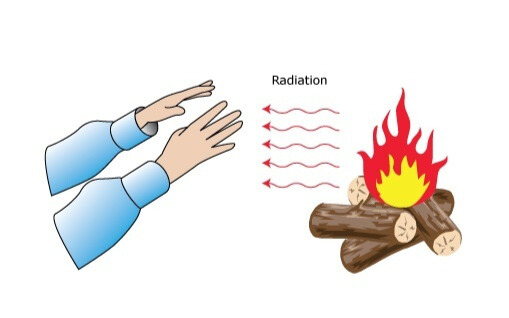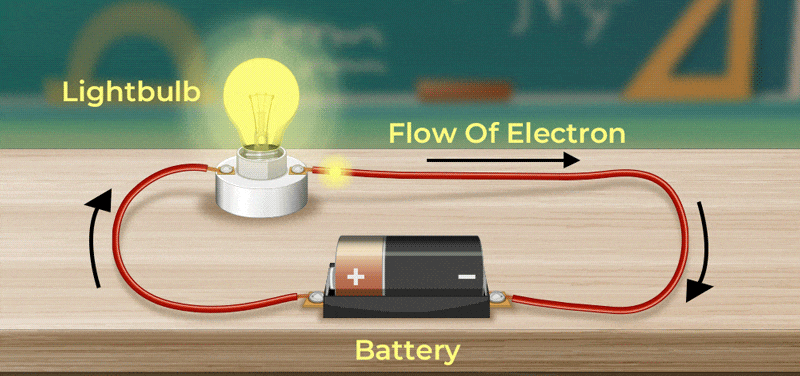Energy
key notes :
Definition of Energy:
- Energy is the ability to do work or cause changes.
Forms of Energy:
- Kinetic Energy: Energy of moving objects (e.g., a rolling ball).

- Potential Energy: Stored energy (e.g., water in a dam, a stretched rubber band).

- Light Energy: Energy from sources like the sun or a bulb.

- Heat Energy: Energy that causes objects to feel warm.

- Sound Energy: Energy that travels through air and can be heard.

- Electrical Energy: Energy used to power devices like lights and appliances.

Sources of Energy:
- Natural Sources: Sun, wind, water, and fossil fuels.

- Man-Made Sources: Batteries, generators.

Uses of Energy:
- To power machines and vehicles.
- To cook food and provide light.
- To run household appliances like fans and televisions.
Energy Transformation:

- Energy can change from one form to another (e.g., electrical energy to light energy in a bulb).
Renewable vs. Non-Renewable Energy:

- Renewable Energy: Sources that can be replenished (e.g., solar, wind, water).
- Non-Renewable Energy: Limited sources like coal, oil, and natural gas.
Importance of Conserving Energy:
- Conserving energy helps save resources and protects the environment.
- Simple ways to conserve energy include turning off lights when not in use and using energy-efficient appliances.
Interesting Facts About Energy:
- The sun is the primary source of energy for Earth.
- Energy is never created or destroyed, only transferred (Law of Conservation of Energy).
let’s practice! 🖊️

